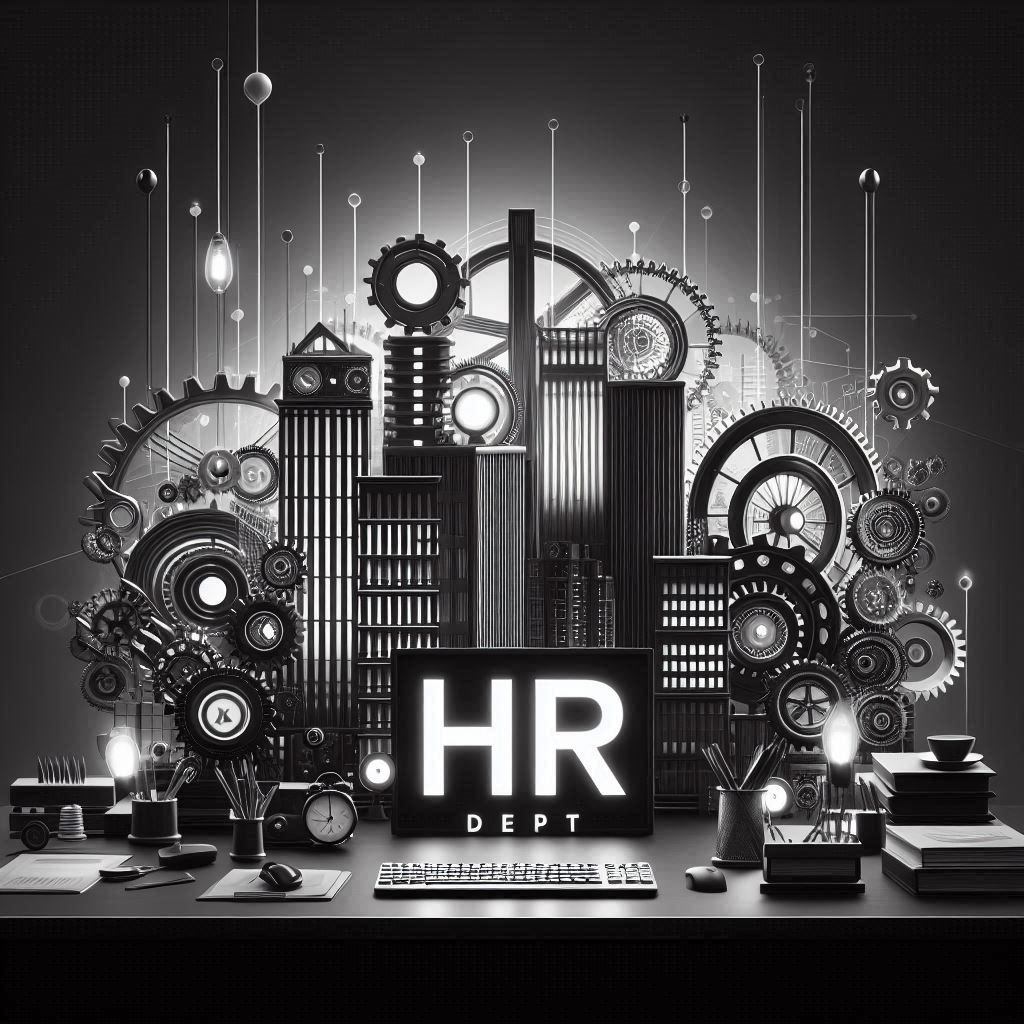
Read More: The Impact Of "Brain Drain" On Businesses And Strategies For Workforce Stability
HRDept - All your efforts deserve to be rewarded
HRBP (Human Resources Business Partner) is a dream job for many HR professionals, often perceived as the strategic partner of the business. However, behind this glamorous title lie challenges and harsh realities that not everyone is ready to face.
HRBP is not just an HR specialist but a key player in business strategy. If you think the role only involves recruitment and employee welfare, you might not fully understand it yet! Let HRDept take you through the tough truths of being an HRBP.
1. HRBP – A High-Pressure Role That Few Truly Understand
Many believe HRBP is just a support function focused solely on HR tasks. The reality is that HRBPs must understand business models, company strategies, and even financial analysis.
🔹 The harsh truth:
CEOs and CFOs often do not see HRBP as a strategic decision-maker but merely as an administrative support role.
HRBP is "caught in the middle" between corporate interests and employee welfare.
Many HRBPs lack financial and business analytics knowledge, leading to being undervalued.
"HRBP must not only be good at HR but also think like a CEO." – HRDept
2. HRBP Doesn’t Recruit, Yet Is Held Accountable For Hiring Issues
HRBP does not directly recruit, but if the company faces talent shortages or hires the wrong people, HRBP is the first to be questioned.
| Issue | HRBP’s Role | Pressure Faced |
|---|---|---|
| High employee turnover | Analyzing root causes, proposing retention strategies | Held responsible for losing top talent |
| Poor hiring decisions | Collaborating with recruiters to improve hiring quality | Blamed for ineffective hiring |
| Underperforming employees | Supporting training and performance evaluations | Managing conflicts between managers and employees |
🔹 A real-life scenario:
A fintech company urgently hires 50 employees for a new project, but within six months, 30% quit due to poor job fit. Who is held accountable? Not just HR – HRBP is the first to be questioned by the CEO.
3. HRBP Must Make Tough Decisions
HRBP is not just a bridge between employees and management but also the one making difficult decisions on layoffs, performance assessments, and salary adjustments.
🔹 The harsh truth:
HRBP must propose layoffs even when employees have given their best efforts.
If salary increase proposals are rejected, HRBP becomes the target of employee dissatisfaction.
HRBP must often choose between business interests and ethical dilemmas.
"Being an HRBP is not just about HR – it's about internal corporate politics." – HRDept
4. HRBP Needs A Data-Driven Mindset, But Many Lack It
According to McKinsey, 70% of large enterprises have integrated data analytics into HR management, but most HRBPs lack formal training in data analytics.
| Essential HRBP Skills | Percentage of HRBPs Lacking This Skill (Deloitte Study) |
|---|---|
| HR Data Analytics | 65% |
| Financial Report Interpretation | 58% |
| Negotiation & Influence | 52% |
| Technology Adoption | 47% |
If an HRBP cannot interpret financial reports or analyze HR data, how can they effectively advise on talent strategy?
5. How Can HRBPs Succeed Without Losing Themselves?
Despite the challenges, HRBP remains a highly rewarding career path with great opportunities for growth.
🔹 How to succeed as an HRBP?
✔ Improve business knowledge: Learn financial reports and understand business models.
✔ Master data analytics: Leverage HR Analytics and interpret workforce trends.
✔ Enhance negotiation and influence skills: HRBP must not only listen but also persuade leadership.
✔ Balance employee and corporate interests: A great HRBP doesn’t just protect employees but ensures business success.
"HRBP is not just an employee advocate but a strategic connector between people and organizations." – HRDept
6. Conclusion: HRBP – A Role Not Meant For The Faint-Hearted
HRBP is not just about HR tasks—it is about shaping the company’s talent strategy. To succeed, HRBPs need sharp business acumen, data-driven decision-making, and the courage to handle high-pressure situations.
Key Takeaways About HRBP:
✔ High-pressure role, often undervalued without business knowledge.
✔ Not responsible for direct hiring but held accountable for talent quality.
✔ Must make tough decisions, from layoffs to salary adjustments.
✔ Needs data analytics and financial literacy to gain influence in the company.
HRDept is committed to supporting HRBPs in advancing their careers. If you aspire to become a top-tier HRBP, let HRDept help you grow today!